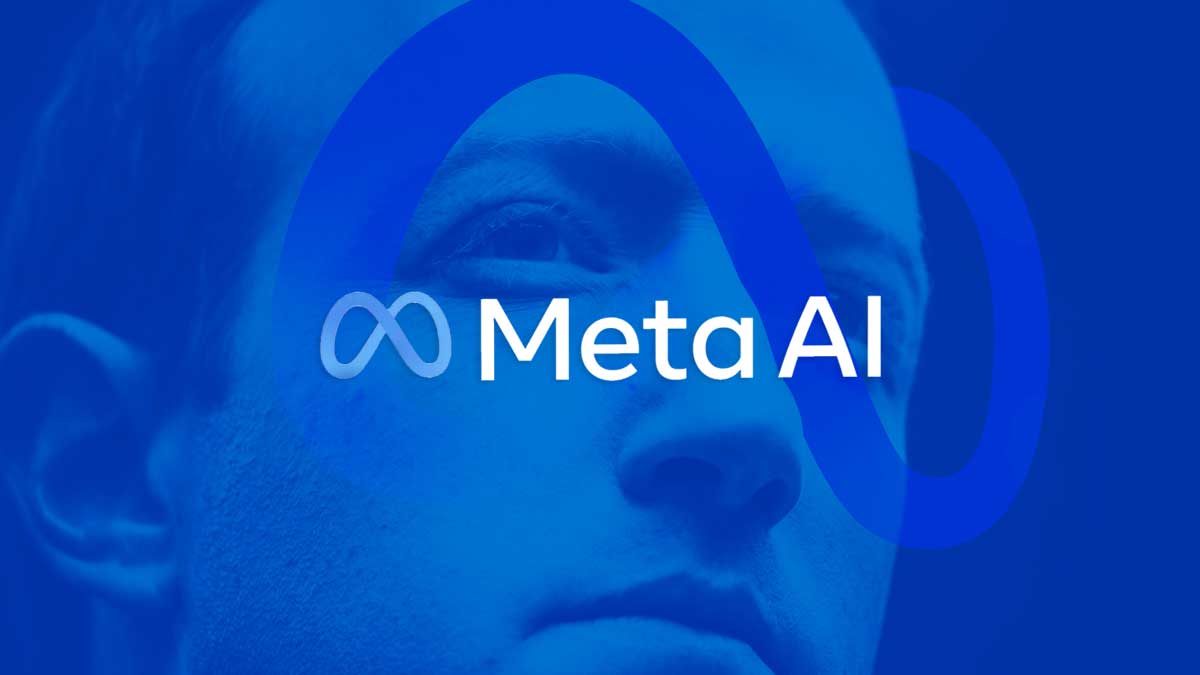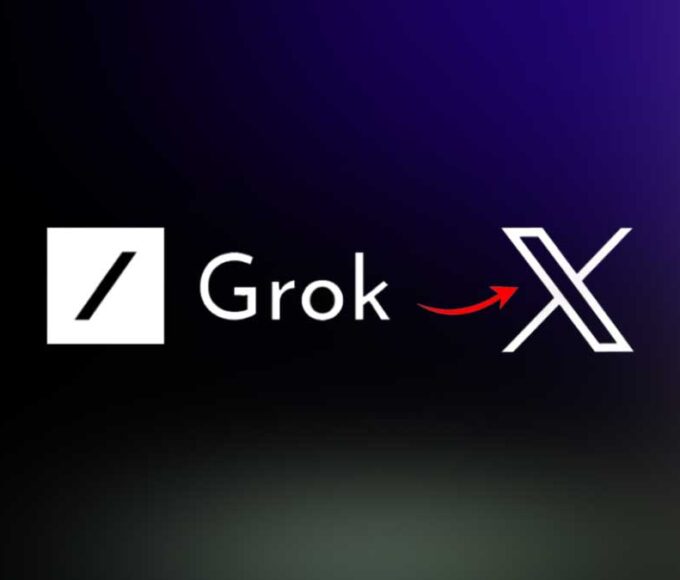- Home
- Billionaires
- Investing Newsletters
- 193CC 1000
- Article Layout 2
- Article Layout 3
- Article Layout 4
- Article Layout 5
- Article Layout 6
- Article Layout 7
- Article Layout 8
- Article Layout 9
- Article Layout 10
- Article Layout 11
- Article Layout 12
- Article Layout 13
- Article Layout 14
- Article Sidebar
- Post Format
- pages
- Archive Layouts
- Post Gallery
- Post Video Background
- Post Review
- Sponsored Post
- Leadership
- Business
- Money
- Small Business
- Innovation
- Shop
Recent Posts
Meta’s New GenAI Launch Makes Media Splash

Meta has recently unveiled its AI assistant across Instagram, WhatsApp, Messenger, and Facebook, making a significant move in the tech landscape. Media outlets are portraying this as a ‘battle with ChatGPT,’ but such chatbot developments are more about attention-grabbing theatrics than actual technological warfare. Companies like Meta, OpenAI, and Microsoft are engaging in a largely symbolic competition, vying for attention and status rather than tangible power.
The field of generative AI, where these developments occur, often prioritizes style over substance. Instead of demonstrating concrete, proven value, it often relies on grand visions of potential. While chatbots like Meta’s AI assistant and ChatGPT are user-friendly, they can be challenging to utilize effectively for generating measurable value. Other forms of AI, such as predictive AI, may offer higher returns despite being less user-friendly.
The current landscape is characterized by a surplus of hype without corresponding substance, leading to growing skepticism. The Washington Post has highlighted this trend, noting a perceived deflation of the AI hype bubble as examples of transformative change remain elusive. Investors are wary of overpromises, and studies sometimes reveal that genAI fails to deliver on its potential.
To navigate this landscape successfully, companies need to benchmark genAI projects to establish their concrete value. This means measuring efficiency improvements, such as time savings or increased productivity. However, many projects hesitate to stress test their potential, fearing it might dampen enthusiasm. Yet, proven wins are more valuable than unrealized dreams, as demonstrated by companies like Ally Financial and MIT Sloan’s Fortune 500 software firm.
Prudent application of genAI can lead to successes, such as generating useful first drafts for routine tasks or improving customer support efficiency. However, its value remains unpredictable and varies depending on the application. Despite its broad appeal, particularly in its ease of use, genAI does not yet possess the transformative capabilities often associated with it.
To avoid disillusionment, it’s crucial to focus on credible use cases that deliver concrete value and to measure that value rigorously. Rather than getting caught up in the narrative of machine “intelligence,” companies should prioritize practical applications and tangible outcomes to ensure the success of their genAI projects.
Recent Posts
Categories
- 193cc Digital Assets2
- 5G1
- Aerospace & Defense46
- AI37
- Arts3
- Banking & Insurance11
- Big Data3
- Billionaires446
- Boats & Planes1
- Business328
- Careers13
- Cars & Bikes76
- CEO Network1
- CFO Network17
- CHRO Network1
- CIO Network1
- Cloud10
- CMO Network18
- Commercial Real Estate7
- Consultant1
- Consumer Tech180
- CxO1
- Cybersecurity68
- Dining1
- Diversity, Equity & Inclusion4
- Education7
- Energy8
- Enterprise Tech29
- Events11
- Fintech1
- Food & Drink2
- Franchises1
- Freelance1
- Future Of Work2
- Games141
- GIG1
- Healthcare78
- Hollywood & Entertainment186
- Houses1
- Innovation42
- Investing2
- Investing Newsletters4
- Leadership65
- Lifestyle11
- Manufacturing1
- Markets20
- Media193
- Mobile phone1
- Money13
- Personal Finance2
- Policy567
- Real Estate1
- Research6
- Retail1
- Retirement1
- Small Business1
- SportsMoney33
- Style & Beauty1
- Success Income1
- Taxes2
- Travel10
- Uncategorized8
- Vices1
- Watches & Jewelry2
- world's billionaires415
Related Articles
Book Review: Unlocking AI’s Power in Everyday Life
In a world where artificial intelligence (AI) frequently makes headlines in the...
By 193cc Agency CouncilDecember 16, 2024OpenAI Pauses Sora Sign-Ups Due to High Demand
OpenAI has temporarily paused sign-ups for its much-anticipated Sora video tool due...
By 193cc Agency CouncilDecember 10, 2024xAI Secures $6 Billion to Advance Supercomputing and AI
Elon Musk’s artificial intelligence startup, xAI, has taken another significant step in...
By 193cc Agency CouncilDecember 7, 2024X Launches Free Version of Grok Chatbot with Usage Limits
X, formerly known as Twitter, has announced the launch of a free...
By 193cc Agency CouncilDecember 7, 2024















Leave a comment